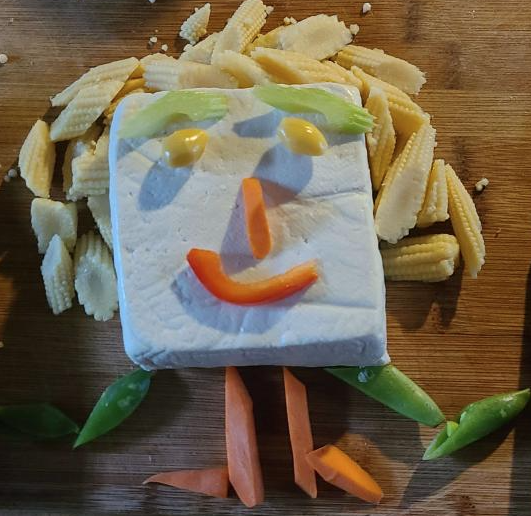

Hard water specically. I suppose that water softening is detrimental, then. I also wonder if this means microplastics can be used to remove lead by a similar mechanism. Maybe not considering that typical Pb levels are a lot lower than Ca in hard water.







Homie dats a gas. Or supercritical fluid, which actually is indeed used for “washing” (SC CO2 is used to decaffeinate coffee). However, like others said, surface tension /= cleaning ability. Part of what soap does is increase the effective solubility of things that are not normally soluble.